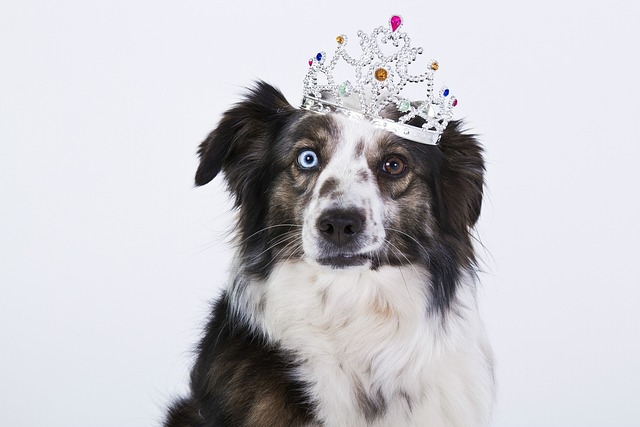
How can I tell if my dog's heatstroke is serious
Let’s be real: It’s a sticky August morning in Los Angeles, and you took your 2-year-old Golden Retriever, Max, for a walk a little later than usual
My dog keeps coughing and gagging but nothing comes out—if this sounds familiar, you’ve probably watched your pup hack away, chest heaving, only to see no vomit or phlegm. It’s a confusing, worrying sight for new dog owners in the US, but understanding why it happens can help you ease their discomfort.
From a vet’s perspective, this dry, unproductive coughing and gagging often points to irritation in the upper airways—the throat, windpipe, or bronchial tubes. Think of it like when you have a tickle that makes you cough but produces nothing. My neighbor’s golden retriever, Bailey, started doing this after a hike through tall grass; turns out, a tiny seed had gotten stuck in his throat, triggering those frustrating dry heaves. Other common causes include kennel cough (a contagious respiratory infection that sounds like a “goose honk”), allergies to dust or pollen, or even acid reflux, especially if it happens after meals. Brachycephalic breeds like pugs or bulldogs are more prone, thanks to their shorter airways.
So what can you do? First, check their environment. If they’ve been around other dogs lately, kennel cough is possible—keep them away from other pets and call the vet, as it often needs antibiotics. For mild cases, try a humidifier to moisten dry air, which soothes irritated throats. Offer small sips of water, but don’t force them—too much can make gagging worse. If you suspect a foreign object (like Bailey’s grass seed), don’t wait—vets can safely remove it. Never try to stick your fingers down their throat; you might hurt them or make the irritation worse.

Legally, staying on top of your dog’s health is key. Ensure their rabies vaccine is up to date—required in all states—and ask your vet about the kennel cough vaccine if they visit parks or daycares. When walking, even if your dog is coughing, always clean up their waste. Cities like Seattle enforce strict fines for leaving poop, and it prevents the spread of germs. If your dog is contagious, skip dog parks until cleared by the vet to protect other pets.
Culturally, patience matters. Never scold a dog for coughing—they can’t control it, and stress will only make it worse. Use positive reinforcement to keep them calm: gentle pets and soft praise when they’re not coughing. In apartments, a coughing dog might disturb neighbors, so the humidifier and keeping them in a quiet room can help. When out, keep them on a leash to avoid them sniffing up irritants like dust or grass seeds.
Most of the time, this dry coughing and gagging is treatable with rest and vet care. By staying alert to changes, acting quickly when needed, and following local rules, you’ll help your pup feel better—and get back to their happy, tail-wagging self.

Let’s be real: It’s a sticky August morning in Los Angeles, and you took your 2-year-old Golden Retriever, Max, for a walk a little later than usual

You're enjoying a summer afternoon at the park when you notice your dog has stopped panting and appears disoriented - their gums are bright red

Let’s paint the picture: You’re in your Denver apartment, watching your 4-year-old Boston Terrier, Ruby, plop down mid-play session with her favorite toy

Many dog owners notice their pets nails seem shorter after regular walks,but how much does this daily activity actually help?The answer depends on where you walk—concrete sidewalks or asphalt streets gently file nails as a dog's paws hit the ground

Most dog owners notice their pup scooting across the carpet at some point, but few connect it to impacted anal glands. These small sacs near a dog’s rectum secrete a scent for marking territory

Most vets agree that regular dog teeth cleaning is key to avoiding painful dental issues later. For healthy adult dogs, a professional cleaning at the vet’s office every 12 to 18 months usually works well.